Why you shouldn’t keep fennec cats as pets (5 photos + 1 video)
Recently, many people around the world have started keeping fennec foxes, miniature wild foxes, as pets. This is not prohibited by law, but experts strongly warn that it is better to abandon such a pet. They require very specific conditions and can attack their hosts. 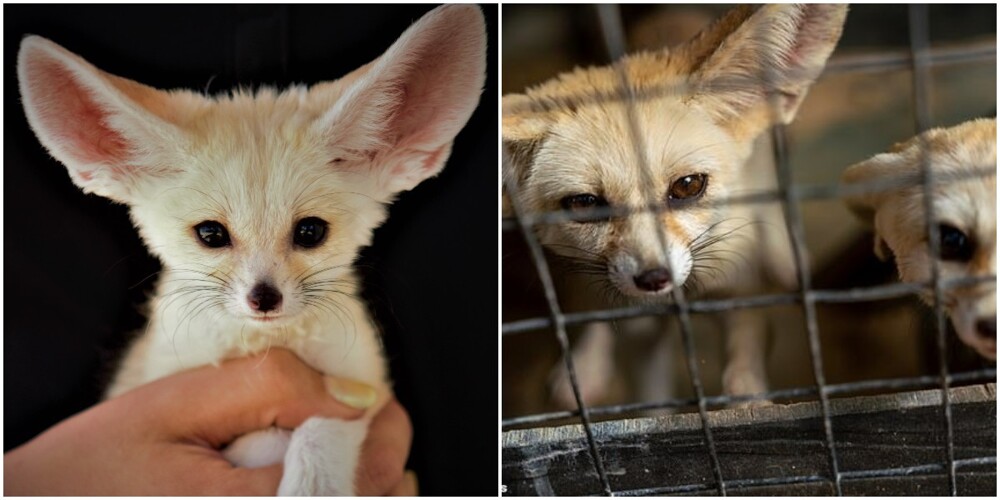
Fennec foxes are cute, miniature foxes with large ears that live in the deserts of North Africa. In recent years, there has been a fashion for keeping them as pets. This is legal and does not require special licenses - but experts warn that it is better not to do this. Fennecs cannot be domesticated, require large areas of sand, smell terrible and can even attack their owner. Most standard houses and apartments are simply not equipped to support this desert dweller.
"If you love fennec foxes, don't keep them as pets. They belong in the wild, and I don't think we have the right to have them as pets," Lindsay McKenna, founder of Wild Side Exotic Rescue. 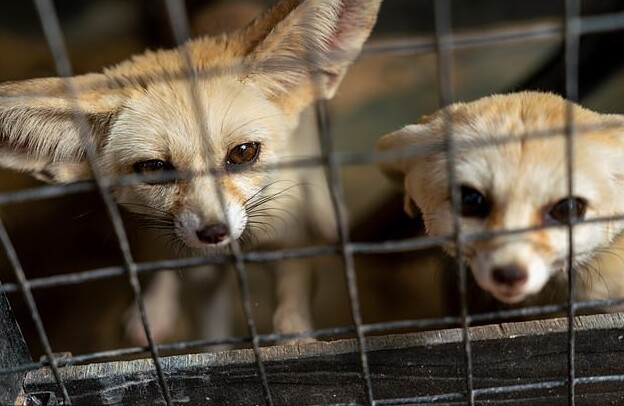
In 2018, Lindsay bought two fennec foxes from a British exotic pet dealer to prevent them from being bred for the domestic market. Now they live in the woman's shelter along with other 36 exotic animals that escaped a sad fate. According to the rescuer, fennec cats require specific conditions:
"Their needs can be so expensive and specific that the average person won't be able to handle them. They're native to Africa, so they're used to warm temperatures, adapted to sand, and love to dig. They also need a lot of social activity. In the wild, they live in groups up to 10 individuals, but pet stores often sell them one at a time. They must live in a flock," says Lindsay. 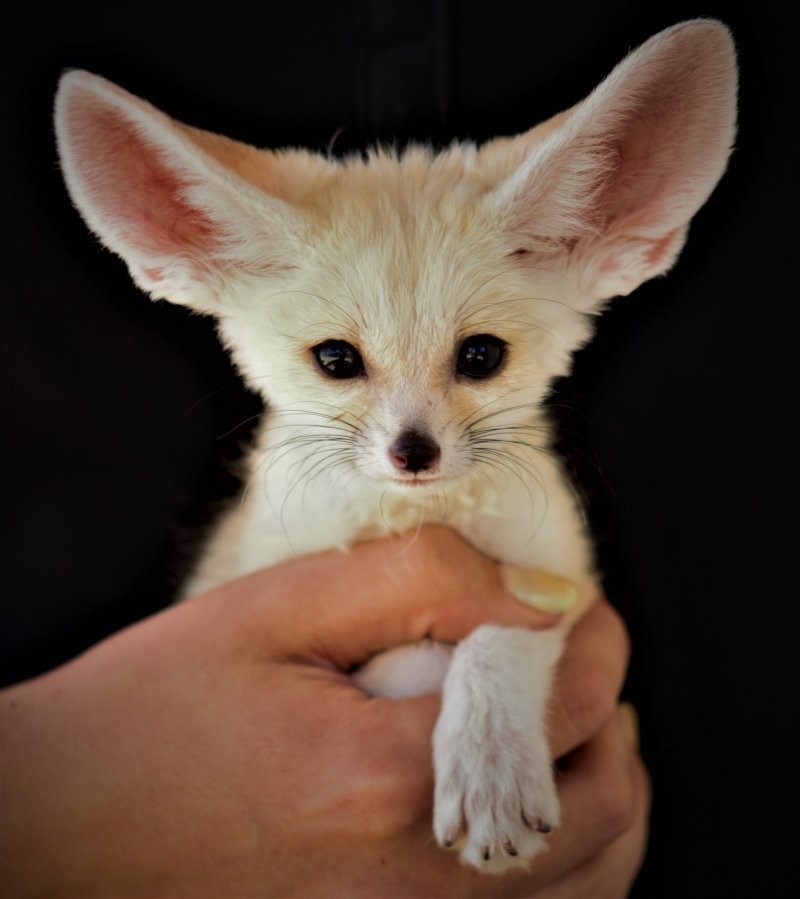
Fenechs can also attack their owners if they are not handled correctly:
"People buy them like they're Chihuahuas. But they can get very scared if you treat them like dogs. Our team always uses special equipment and thick gloves when handling these foxes," says Lindsay. 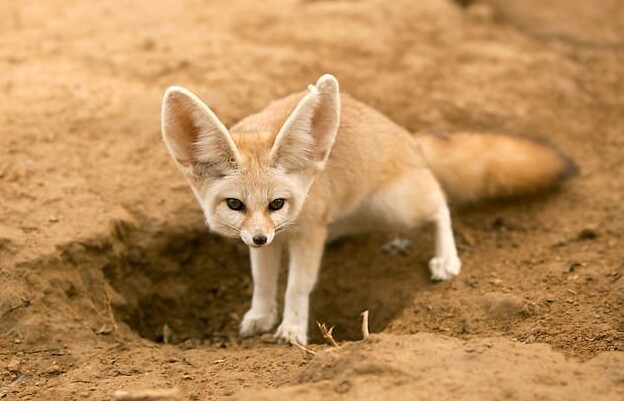
Currently, fennecs are not in danger of extinction, but trade has begun to be controlled so as not to harm the population. Since 2015, the USA and China remain the two leading importers of fennecs. Additionally, the vast majority of fennec cats are bred in captivity for sale rather than caught in the wild. 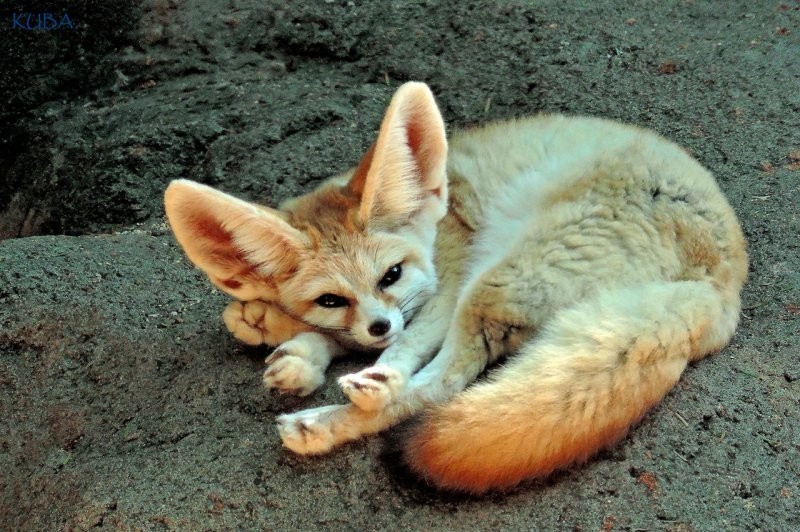
Fennec foxes at Taronga Zoo, Australia






















